Keywords: Income Management
-
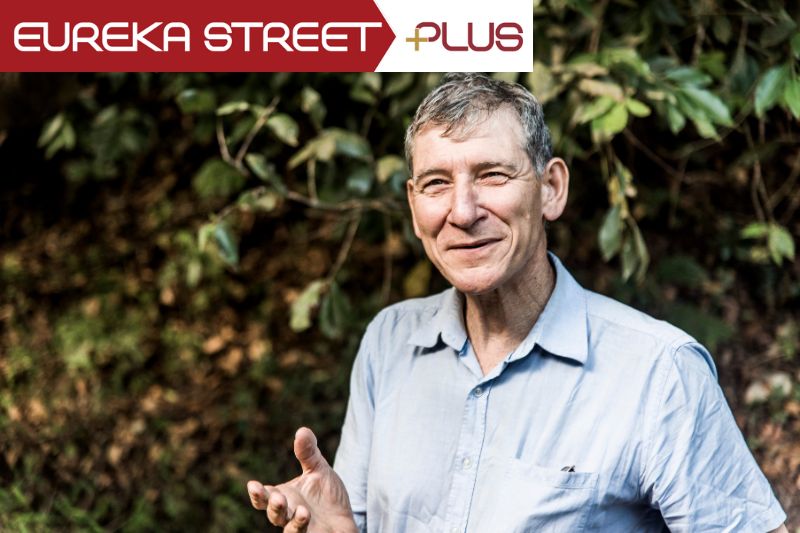
ENVIRONMENT
- Sarah Bacaller
- 30 June 2023
1 Comment
The work of Tony Rinaudo has contributed to the regeneration of over six million hectares of desertified land in Niger alone. Farmer Managed Natural Regeneration (FMNR), is an approach to reforestation has become a global movement and is gaining popularity as a tool in the fight against climate change.
READ MORE 
-

AUSTRALIA
- Paul Cleary
- 21 November 2022
2 Comments
An intense and often ugly battle over marine resources has been unfolding between State authorities and Aboriginal people along the NSW coast. At the heart of the conflict is the NSW government’s refusal to acknowledge the right to cultural fishing by Aboriginal people, unlike other states and the federal Native Title Act (1993).
READ MORE 
-

ECONOMICS
- David James
- 28 October 2022
Who wields the most power in the world? If one follows the money trail, it becomes clear that Western societies have become ruled by a new type of aristocracy: a management aristocracy.
READ MORE 
-
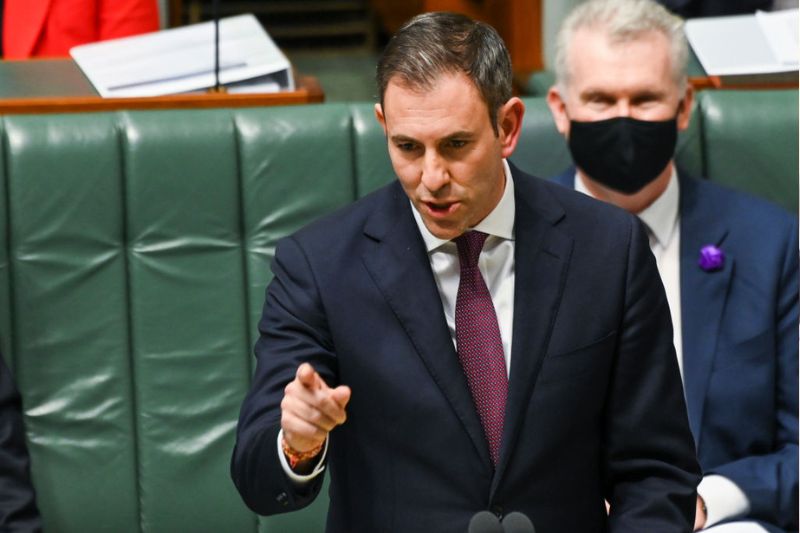
AUSTRALIA
- John Falzon
- 29 August 2022
2 Comments
While the Jobs Summit does not signal the end of neoliberalism, it does signal a political willingness by the Albanese government to begin an inclusive, deliberative process for healing some of the wounds that have been inflicted on ordinary people through the accumulation of superprofits on the one hand and cuts to real wages and the dismantling of social infrastructure on the other.
READ MORE 
-
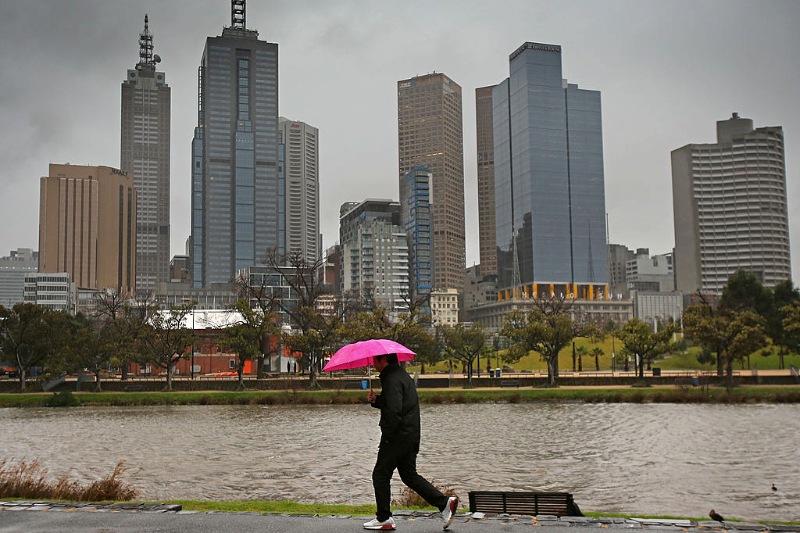
ARTS AND CULTURE
- Andrew Hamilton
- 24 May 2022
1 Comment
Next week we officially enter winter. The associations of winter are largely negative. They mourn the loss of the summer that has passed. For that reason it may seem incongruous that winter should begin immediately after a Federal Election campaign that ended with the excitement of the people’s choice of a new Government. The potential for a new beginning might fit better with spring.
READ MORE 
-
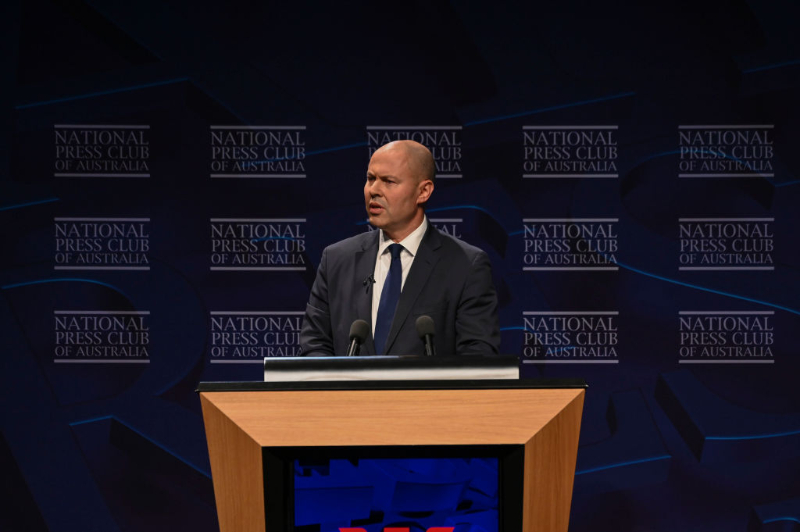
ECONOMICS
- Julian Butler
- 31 March 2022
1 Comment
In 2020 as the Covid-19 pandemic raged globally, as Australia shut its borders and some states shut in their people, massive government income support was introduced. The government was a little slow coming to recognise the need for such measures. Once they had, they wanted the support rolled out as quickly as possible. Frydenberg, Scott Morrison and their colleagues recognised that a demand side boost was absolutely necessary to sustain economic activity. The government was uncomfortable, though, with this approach.
READ MORE 
-

AUSTRALIA
- Andrew Hamilton
- 10 June 2021
9 Comments
In Victoria the latest lockdown has prompted fresh questioning of the business-as-before approach to life after COVID-19. In particular it urges renewed reflection on the connection between the remuneration of work and its importance to society.
READ MORE 
-

INTERNATIONAL
- Andrew Hamilton
- 29 April 2021
4 Comments
The history of sport, with its varied and often conflictual relationships between local communities, money and administration, provides the context for understanding the Super League move. It also raises more important questions about the nature and importance of the local.
READ MORE 
-
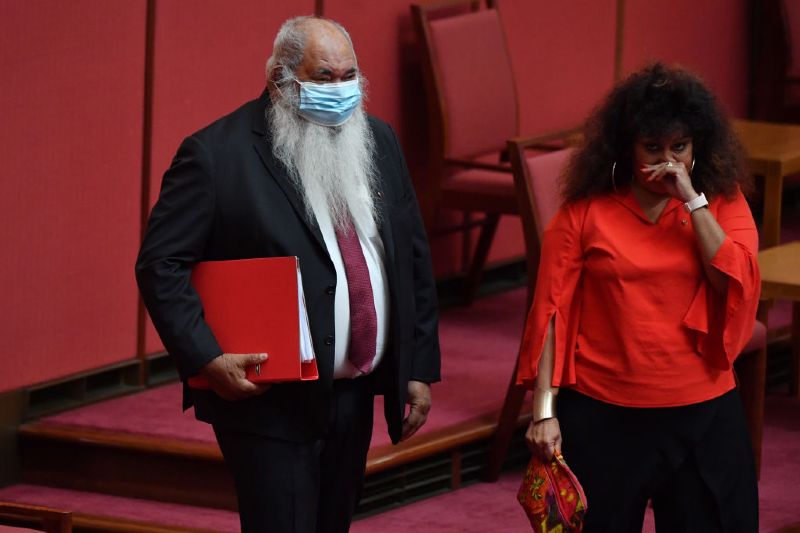
AUSTRALIA
- Michele Madigan
- 03 December 2020
12 Comments
Reading the government controlled Senate Committee recommendations regarding the current Social Security (Administration) Amendment (Continuation of Cashless Welfare) Bill 2020 and then the dissenting reports is like reading about two parallel universes.
READ MORE 
-

FAITH DOING JUSTICE
- Joshua Lourensz
- 22 May 2020
6 Comments
In thinking through how social services can contribute to what society or the economy needs in light of the ramifications of COVID-19, Catholicism and communism are not two traditions that probably come to the mind for most. But for the kind of thinking that governance and leaders require to make good decisions in and beyond a time of crisis, there are people and concepts from each tradition that we can learn from.
READ MORE 
-

ECONOMICS
- David James
- 04 February 2020
3 Comments
A shift is afoot in the west's financial markets that represents the most important economic change since the emergence of the new financial instruments in the 1990s that ultimately led to the global financial crisis. It is likely to result in a new way of thinking about money, which will change the substructure of developed economies.
READ MORE 
-

AUSTRALIA
- Kate Galloway
- 08 October 2019
6 Comments
If government is concerned for citizens' wellbeing, it should properly resource services — drug and alcohol support, parenting support, subsidised childcare, education and so on. Instead, it is generating a system of social credit: rewarding those who toe the line and punishing those whose 'score' falls below that of the 'good citizen'.
READ MORE 